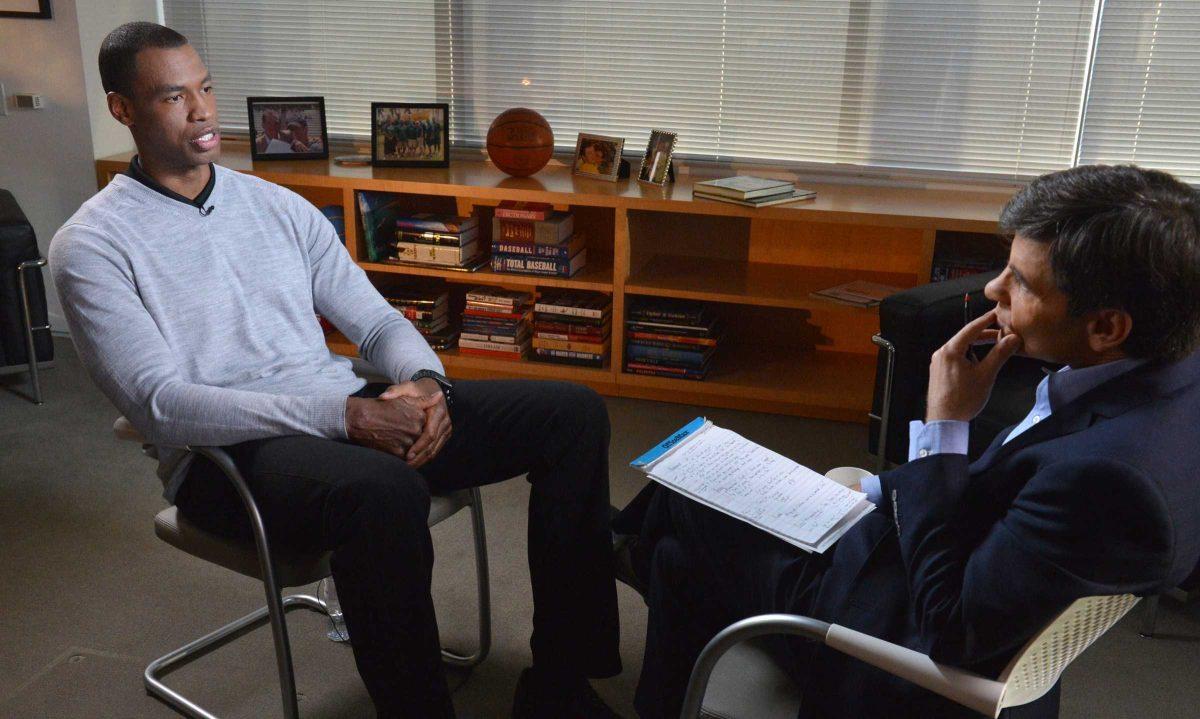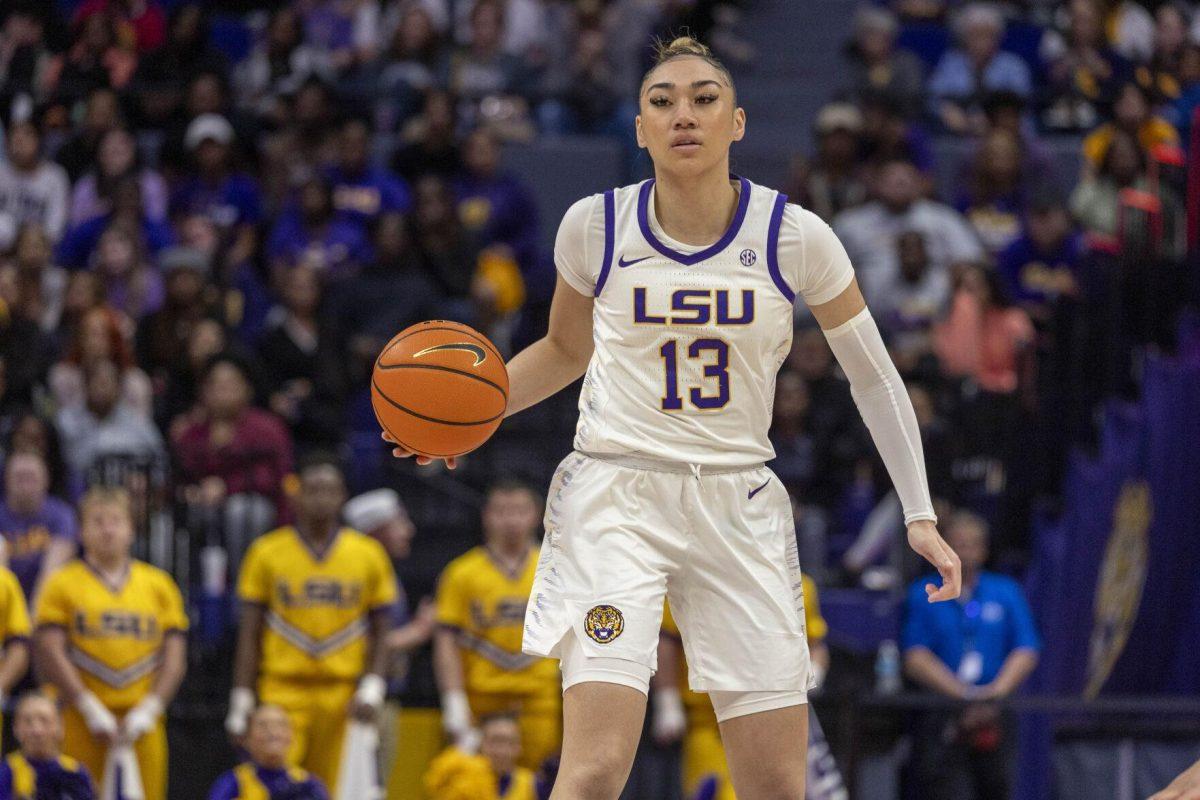I will remember April 29, 2013, for the rest of my life.
When I got on my plane in Houston, Texas, at 10 a.m., it was just another day. By the time I landed in Baton Rouge at 11 a.m., sports history had been made — NBA free agent center Jason Collins became the first player in the Big Four professional sports league to come out as openly gay in a first-person letter in this week’s Sports Illustrated.
I was interested to see the reaction from other NBA players now that a member of their league announced he was different from everyone else. They didn’t disappoint in showing support for a member of their brotherhood.
Los Angeles Lakers guard Kobe Bryant tweeted, “Proud of @jasoncollins34. Don’t suffocate who u r because of the ignorance of others #courage #support #mambaarmystandup #BYOU.”
But the most important thing a fellow colleague said of Collins might have come from Memphis Grizzlies guard Tony Allen. He told Yahoo! Sports reporter Marc J. Spears, “God loves us all.”
After mostly positive responses from his peers, some media members across the country asserted Collins was getting too much attention for coming out of the closet.
The main question tossed around: Is Collins a hero?
The inquiry into Collins made me think back to one of my favorite movies, “The Sandlot.” One of the most famous lines in movie history was uttered by Babe Ruth to Benny “The Jet” Rodriguez, “Heroes get remembered, but legends never die. Follow your heart, kid, and you’ll never go wrong.”
Collins may not be a legend, but he’s a hero to the LBGT community. And he definitely followed his heart.
CBS Sports radio host Tim Brando was one who questioned Collins being called a hero.
“I’m hearing Collins is a HERO because he made history! Ok as a Sports Commentator if I make a SEX tape is that history? The word matters ok,” Brando tweeted Monday night.
Brando also sent out via Twitter, “Calling it a night folks. The Dictionary matters to me and ‘HERO’ can’t be used loosely. That’s my only point. Twitter took over afterwards.”
Brando’s right. The word hero can’t be used loosely.
But did that stop him from calling country singer Darius Rucker a hero for performing a great concert or calling golfer David Toms a hometown hero in tweets last year? Sounds pretty loose to me.
And the dictionary matters to me too, Mr. Brando. So I took to the Merriam-Webster dictionary to find the exact definition of what it takes to be a hero.
One of the definitions reads, “a man admired for his achievements and noble qualities, one who shows great courage.”
Collins fits the description to a T.
Brando is entitled to his opinion on who is and isn’t a hero. Everyone has different criteria.
Collins might not be a hero to Brando, but to millions of Americans, he is.
No, he didn’t storm a beach or win a war, but he opened the door for so many homosexual athletes of all ages to not have to live a lie anymore. Aspiring athletes struggling with whether to be openly gay can now say, “If Jason Collins could do it on the biggest stage in basketball, why can’t I?”
It takes tremendous courage to not only come out to your close family and friends, but to tell an entire country. And Collins did it in one of the biggest professional sports leagues in the world.
Nearly 30 years ago, tennis player Martina Navratilova declared she was openly gay. But coming out in a team sport is a whole different animal.
Let me leave you with this. Another definition of a hero according to Merriam-Webster states, “the central figure in an event, period, or movement.”
I will remember April 29, 2013, as the day the movement of professional athletes in the team sports to come out as gay started. And Jason Collins was the hero leading the charge.
Micah Bedard is a 22-year-old history senior from Houma.







